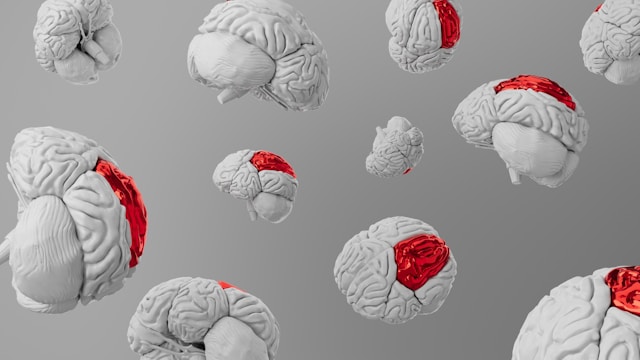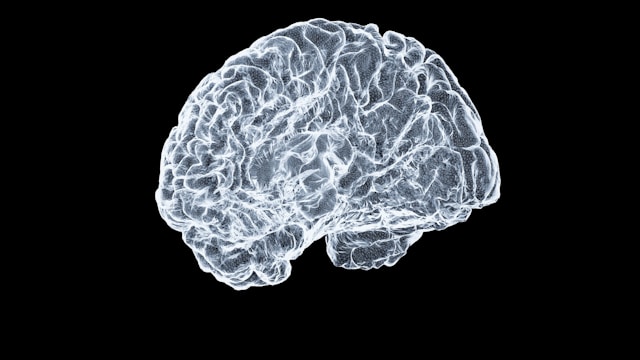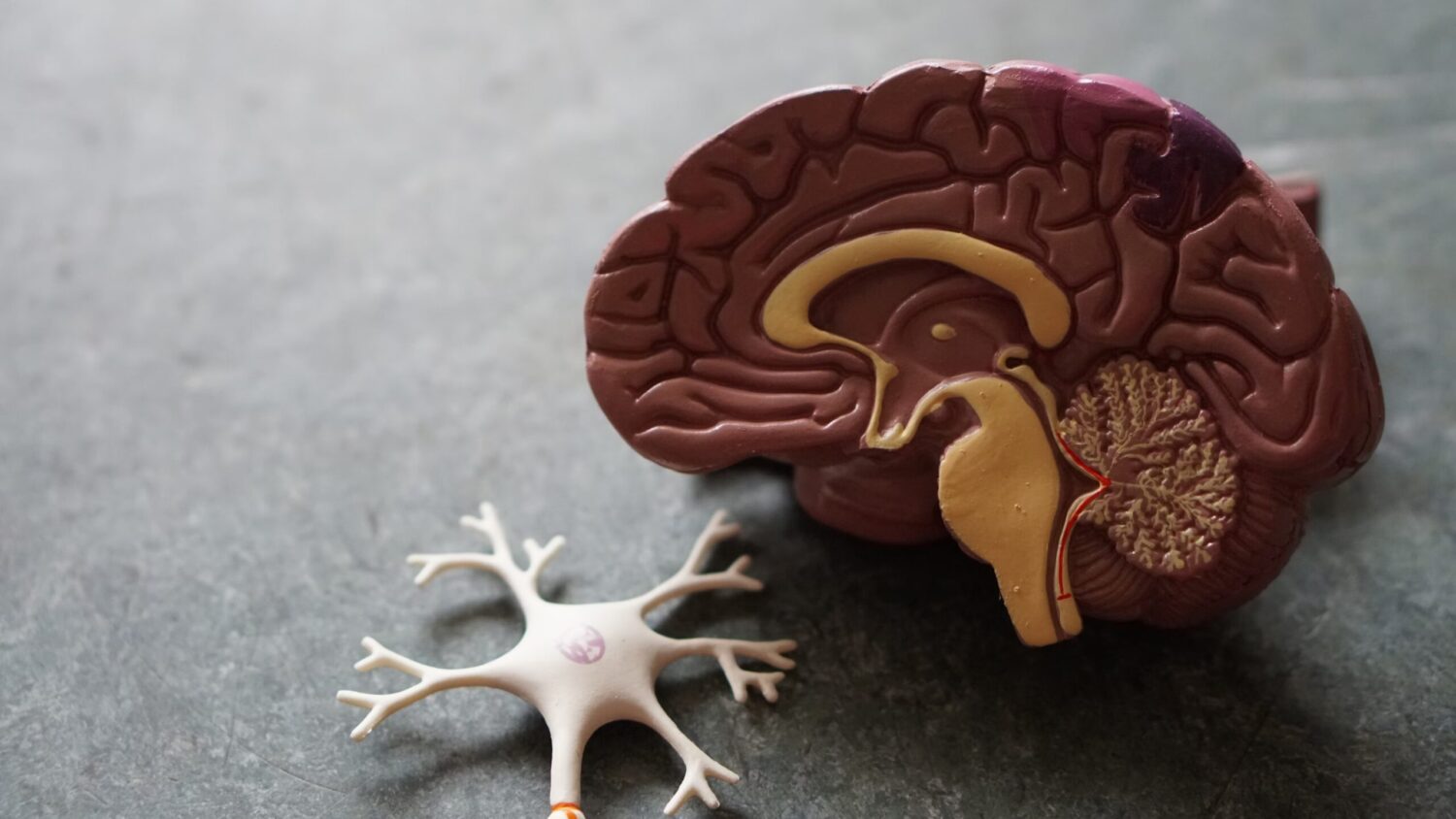Authors:
Zimnitskaya O.V., Mozheiko E.Yu., Petrova M.M.
FSBEI in “Krasnoyarsk State Medical University named after Prof. V.F. Voino-Yasenetsky” of the Ministry of Health of Russia. Krasnoyarsk, Russia
Place of publication:
Cardiovascular therapy and prevention. 2021
Currently, there is no approved list of biomarkers for the diagnosis of vascular cognitive dysfunction. The main challenge for practicing physicians when identifying cognitive impairment in patients is the differential diagnosis of Alzheimer's disease, vascular cognitive dysfunction, and other, much less common, types of cognitive impairment. Vascular cognitive dysfunction includes post-stroke dementia and cognitive dysfunction associated with cardiovascular and cerebrovascular diseases. Without determining the etiology of the disease, it is impossible to prescribe adequate treatment. Another challenge is identifying cognitive impairment before the development of dementia. This literature review is devoted to identifying and critically analyzing candidate biomarkers for vascular cognitive dysfunction and establishing markers of mild cognitive dysfunction. Articles were searched in the Web of Science and PubMed databases. A list of cerebrospinal fluid, plasma, serum, and genetic biomarkers was compiled to enable differential diagnosis between vascular dysfunction and Alzheimer's disease, as well as markers of mild cognitive dysfunction, enabling the identification of cognitive impairment at the pre-dementia stage. Key words: vascular dementia, mild cognitive dysfunction, homocysteine, brain natriuretic peptide, ghrelin, S100β protein.










